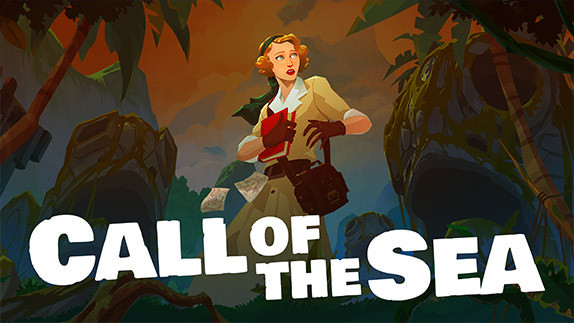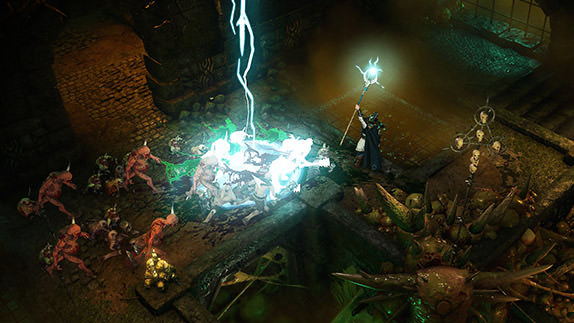Tokyo Dark Review

 By Kevin Mitchell | October 6, 2017
By Kevin Mitchell | October 6, 2017
Tokyo Dark perfectly blends side-scrolling point-and-click gameplay with the deep narrative focus you'd expect from a visual novel. Though successfully funded on Kickstarter in 2015, the dark psychological thriller developer Cherrymochi has crafted proves a perfect fit for the indie-focused Square Enix Collective, which has been releasing some of the most refreshing and unique titles.
With a narrative that branches based on your choices, Tokyo Dark features a double-digit number of endings, including a unique one accessible only through new game plus. Detective Ito must scour the streets of Tokyo to find clues about her partner's mysterious disappearance. Her mental state plays a pivotal role in your investigation. Everything you do - how you overcome obstacles, which paths you take, and how you handle interrogations - comes with consequences. The game presents itself as a side-scrolling adventure, featuring stylistic environments and colorful anime-inspired characters.
Ito can interact with environmental objects in various ways, discovered by highlighting locations with the mouse or by having Ito walk/run near them. The available options vary significantly - you might examine a lock on a dumpster in an alley, search for alternative ways to open it, or simply shoot it off if you don't want to look for a key. These become pivotal moments, with every decision affecting Ito. Naturally, shooting a lock off in view of passersby won't help her mental state, especially given her existing anxiety about her missing partner.
Similar options present themselves when talking to locals. Understanding the situation before responding is crucial. While intimidation can be a powerful interrogation tool, it won't work in every interaction. Every choice feeds into the game's S.P.I.N. system (Sanity, Professionalism, Investigation, and Neurosis). Collecting clues and getting civilians to open up may yield investigation points, but questionable methods can damage your professionalism. A word of advice: don't drink on the job if you can't handle the consequences.
Tokyo Dark continuously challenges your moral compass, often presenting easier paths to information that skirt the realm of legality. When I brushed off the advances of a drunk person in the bar, I didn't get the information I wanted, but I felt I'd made the right call by keeping Ito's emotions and sanity in check during the exchange. However, temptation always lingered - I knew I could get one step closer to finding my partner by making just a few poor decisions. This internal conflict intensifies during specific sequences with timers, forcing quick, gut-reaction choices.
Simply Put
Though I typically don't replay single-player narrative-focused titles, I felt compelled to experience Tokyo Dark multiple times (the first playthrough takes around five hours). Perhaps it was the allure of alternate endings, or the beautiful stylized visuals combined with a dark and intense narrative. The S.P.I.N. system dramatically affects how other characters react to you, making you question your every action.
Note: Tokyo Dark was reviewed on PC. A digital copy of the game was provided by the publisher/developer.




